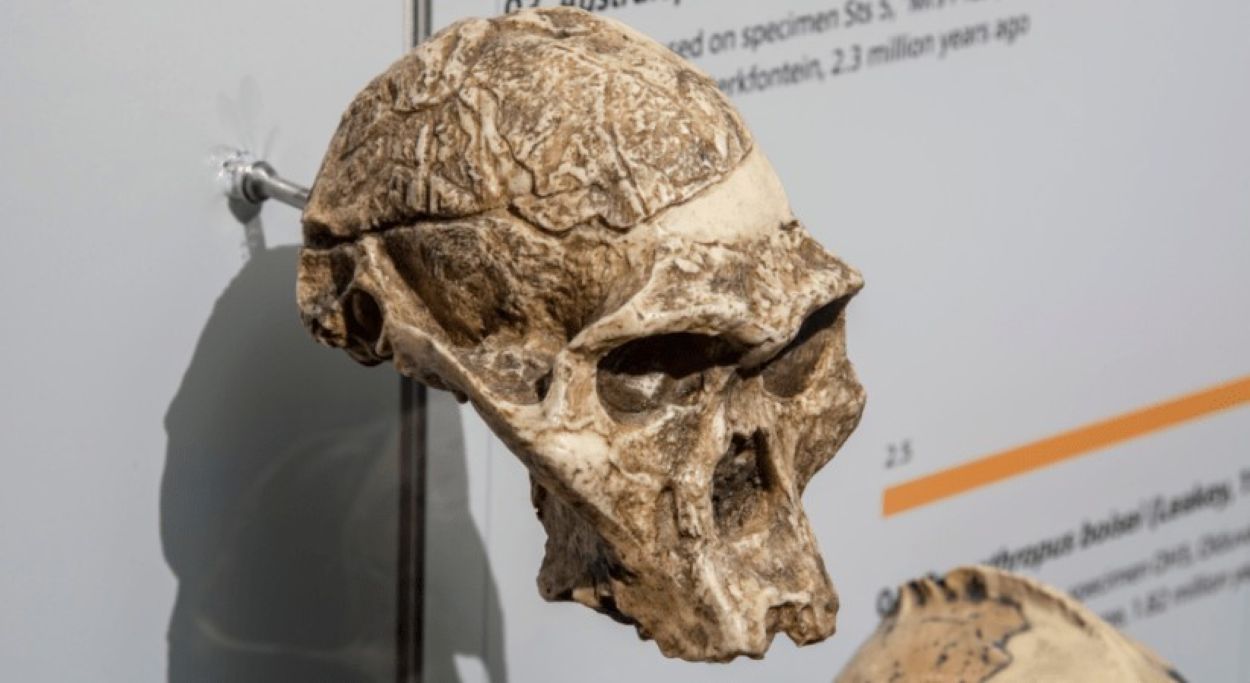A new study illuminates the dietary habits of early human ancestors, revealing a predominant reliance on plant-based foods over meat. Research analyzing fossilized teeth from Australopithecus africanus bipedal beings from over 3 million years ago indicates a diet primarily composed of vegetation and potentially other non-meat energy sources.
The finding emerges from the chemical analysis of tooth enamel, providing a clearer picture of their dietary preferences.
Published in the journal Science, the study examined nitrogen-bearing organic material within the enamel of fossilized teeth from 43 specimens, including seven individuals of Australopithecus africanus, all from South Africa’s Sterkfontein caves. By comparing nitrogen isotopic ratios found in these samples to those from both other extinct mammals at the same site and modern African mammals, researchers determined that these early humans had a diverse diet, yet one that featured little mammalian meat.
Implications for Human Evolutionary Development
Dr Tina Lüdecke, a geochemist at the Max Planck Institute for Chemistry, discussed with Science News how these findings elucidate early dietary behaviours. The scarcity of meat in their diet suggests that evolutionary adaptations such as bipedalism and the ability to thrive in savanna ecosystems may have developed before incorporating high-protein meat into their diet. These adaptations likely played significant roles in their survival and ecological success.
Dr. Lüdecke also mentioned that while the occasional consumption of meat or energy-dense termites by A. africanus cannot be dismissed, such foods might not significantly alter the nitrogen isotopic markers. This hypothesis is supported by observations of modern apes, which utilize termite fishing as a reliable food source.
The study sets the stage for further research into dietary transitions among subsequent human species, potentially offering deeper insights into how diet influences human evolution.






